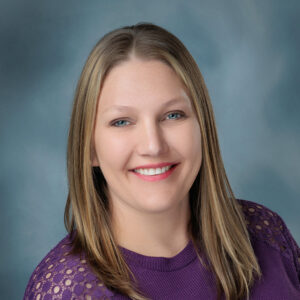Excellent oral care is one of the most important things you can do for your overall health. We want your healthy, beautiful smile to last you a life time, and that requires your dedication for at home care!
Tooth Brushing:
You should brush your teeth at least two times a day with an ADA approved soft bristle brush and toothpaste. The most important times to brush are before going to bed and upon waking up in the morning. Replace your toothbrush every 2 to 3 months. If you have questions about the quality of your toothbrush or how to properly brush your teeth, please talk with your dentist or dental hygienist about finding the right one for you at your next visit.
To improve your brushing technique immediately follow these simple tips until you can see your dentist.
- Brush at a 45 degree angle to the gums, gently, using a small, circular motion, ensuring that you always feel the bristles on the gums.
- Brush the outer, inner, and biting surfaces of each tooth.
- Use the tip of the brush head to clean the tongue side of your front teeth.
- Brush your tongue to remove bacteria and freshen your breath.
Electric toothbrushes are also highly recommended. They are easy to use and can remove plaque efficiently. Simply place the bristles of the electric brush on your gums and teeth, turn on, and allow the brush to do its job. Slowly move the brush over each surface of every tooth. All of our offices have electric toothbrushes and other dental care aids available, ask your office if you are interested in learning more about these items.
Flossing:
Flossing is the process of using a thread-like material to clean between the contact areas of teeth. You should floss daily because it is the best way to clean between the teeth and under the gumline. Flossing not only helps clean these spaces, it disrupts plaque colonies from building up, preventing damage to the gums, teeth, and bone.
To improve your flossing technique immediately follow these simple tips until you can see your dentist.
- Take 12-16 inches (30-40cm) of dental floss and wrap it around your middle fingers, leaving about 2 inches (5cm) of floss between your hands.
- Using your thumbs and forefingers to guide the floss, gently insert the floss between teeth using a sawing motion.
- Curve the floss into a “C” shape around each tooth and under the gumline. Gently move the floss up and down, cleaning the side of each tooth.
- Floss holders are recommended if you have difficulty using conventional floss. All of our offices have floss holders and other dental aids available, ask your office if you are interested in learning more about these items.
Rinsing:
Contrary to popular belief it is NOT necessary to rinse your mouth after you brush. In fact, if you don’t rinse you will continue to get the benefit of your fluoridated toothpaste for even longer. If you are using an over-the-counter mouthwash for rinsing, it is a good idea to consult with your dentist or dental hygienist on its appropriateness for you. And finally, if you are unable to brush after meals it’s best to rinse your mouth with water to help reduce plaque buildup and return your mouth to a neutral pH.
New Patients Welcome!
Visit Our Hickman Dental Office
Dentist Hickman

Hickman Location
650 Chestnut - Suite 2,
Hickman, NE 68372
(402) 792-3000

Our Dental News
Dentist Hickman
Unlocking the Power of Daily Flossing: Tips from Your Dentist in Hickman | Dentist Near Me
At Family 1st Dental in Hickman, we understand the importance of daily flossing in maintaining optimal oral health. If you’ve ever wondered why flossing is crucial, here are four compelling reasons to make it a part of your daily routine: […]
Learn MoreDentist in Hickman’s Advice: Reevaluating Fruit Juice for Healthy Teeth | Dentist Near Me
As your trusted dental care provider, Family 1st Dental in Hickman wants to shed light on a common misconception: fruit juice may not be as tooth-friendly as you think. Despite being labeled as “100 percent fruit juice,” these beverages can […]
Learn MoreBreaking Bad Habits: Protecting Your Dental Health in Hickman
We all have habits we wish we could kick, but did you know that some of them can harm your teeth? Here are six common habits and tips on how to break them for the sake of your oral health: […]
Learn More


